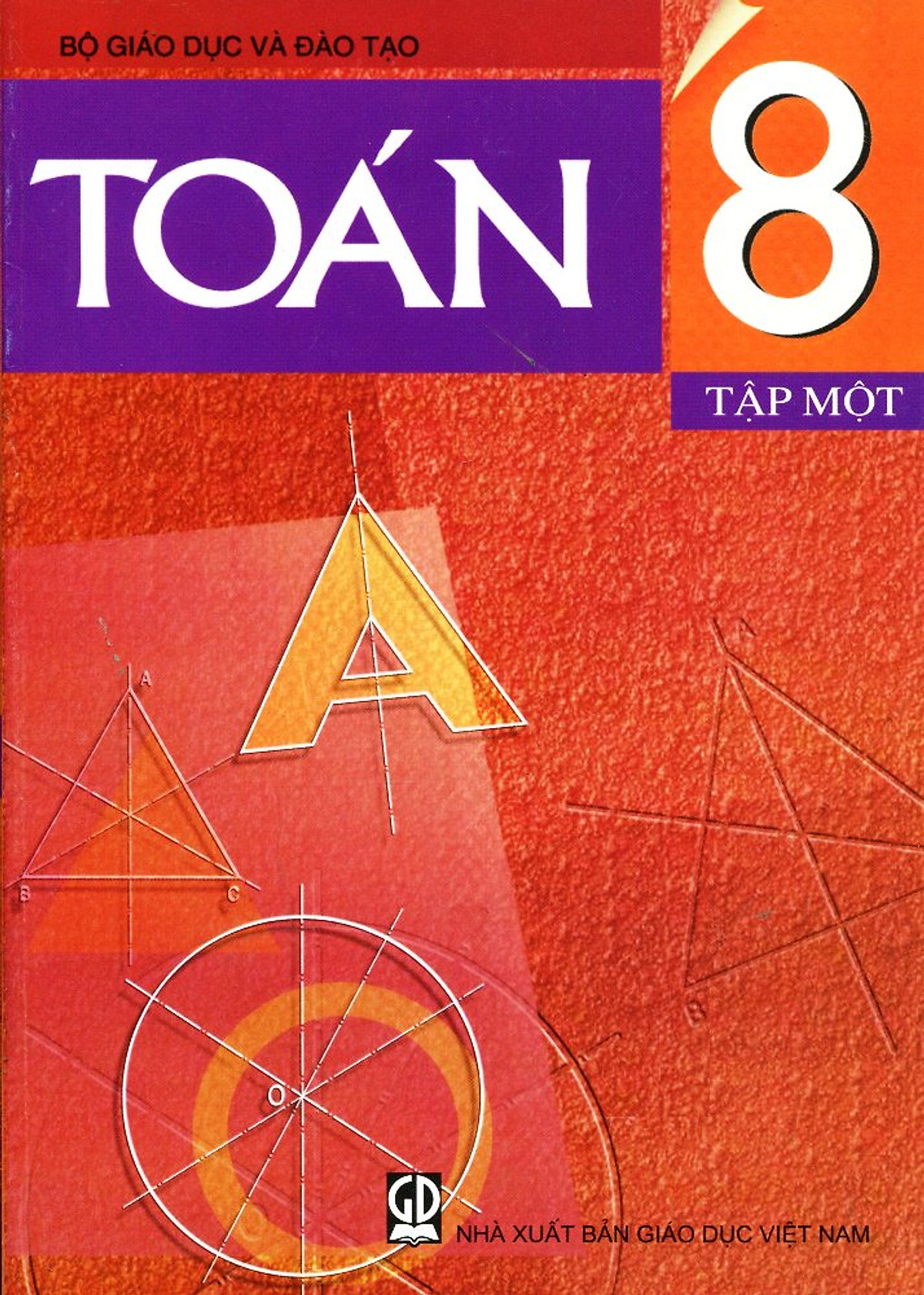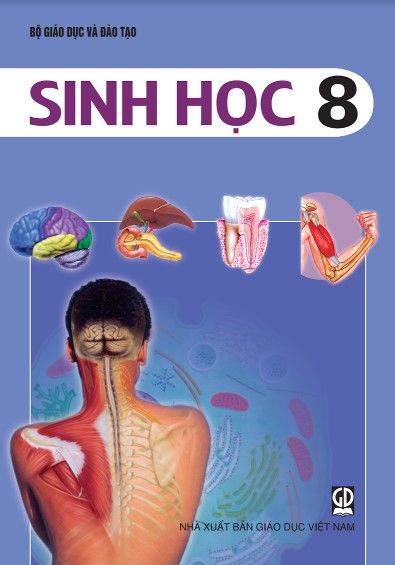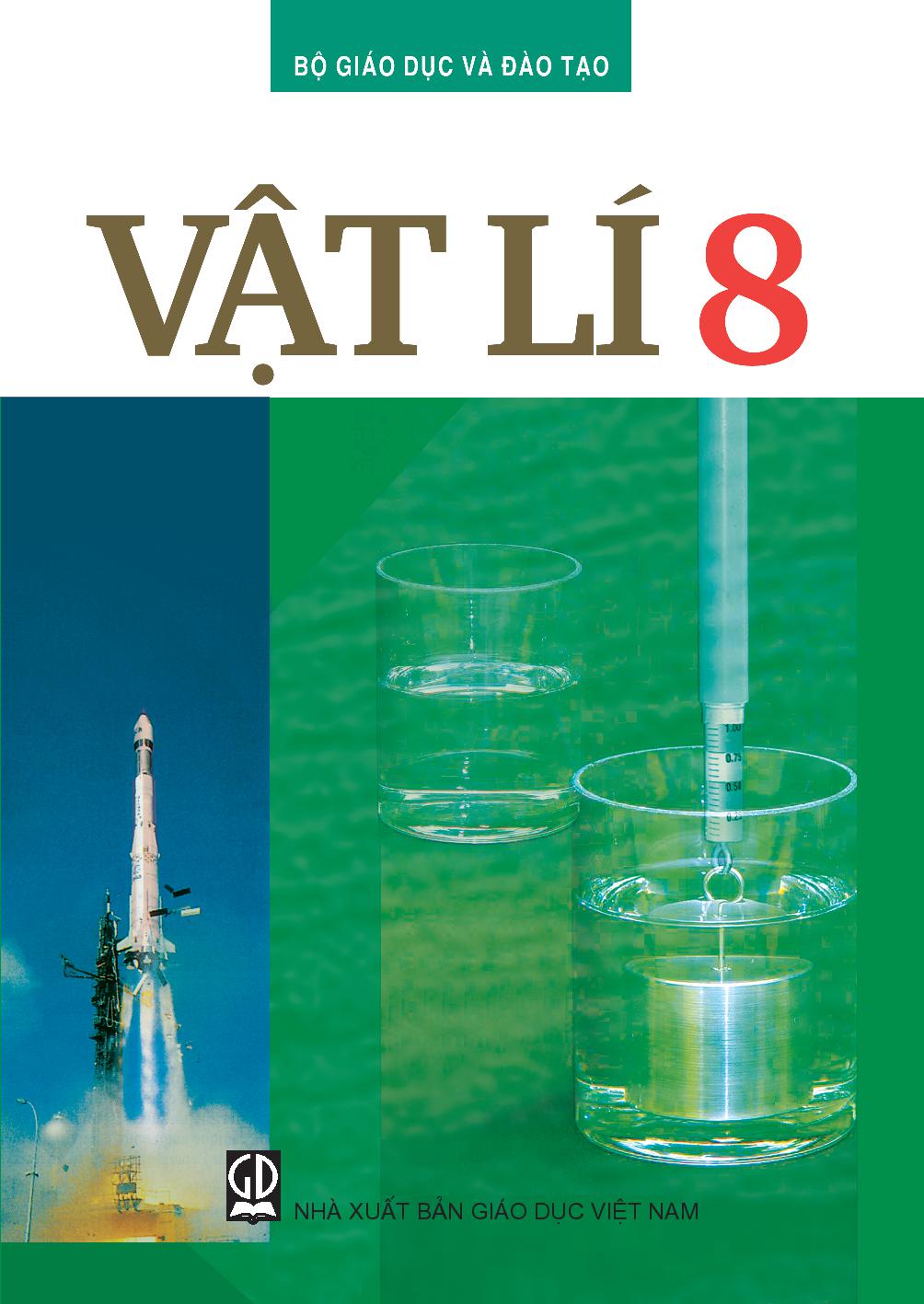(Page 130)
👉SKILLS 1
Reading
1. Work in pairs. Discuss the following questions.
1. What do you know about other planets?
2. Would you like to live on another planet? Why / Why not?
2. Read the text and match the highlighted words in the text with their meanings.
Nowadays humans are still wondering what planets in outer space might support life.
Scientists say planets need to meet three main conditions to support life. Firstly, they must have liquid water, so their temperature must not be too high or too low. Secondly, the planets need to have the correct amount of air so that they can hold an atmosphere around. Finally, their size is also important. If a planet is too small, its gravity is not strong enough to hold an enough amount of air. If it is too big, its gravity will be so strong that it will hold too much air.
Scientists are using space telescopes to find habitable planets. According to them, Mars is one of the most promising planets for life in our solar system. It is a planet like Earth. Its days last for 24.5 hours and its seasons are similar to Earth's. Although scientists have not found actual water on Mars, there seems to be traces of it on the planet's surface. However, the climate on Mars is unsuitable for human life because it is too cold and Mars lacks oxygen to support human life.
| 1. liquid | a. suitable for people to live in |
| 2. gravity | b. marks, objects, or signs that show that somebody or something existed |
| 3. habitable | c. in the form of a substance that flows freely and is not a solid or a gas |
| 4. promising | d. the force that causes something to fall to the ground |
| 5. traces | e. showing signs of being good or successful |
3. Read the text again and answer the following questions.
1. What are humans still wondering nowadays?
2. Why does a habitable planet need to have the correct amount of air?
3. What happens if a planet is too small? 4. How long does a day on Mars last? 5. Why can we not live on Mars?
Speaking
4. Work in pairs. Tick(✔) the boxes to show what conditions a planet needs to support human life.
1. There must be enough liquid water on the planet. ⬜
2. The planet must have craters on its surface. ⬜
3. The planet must hold an atmosphere. ⬜
4. The planet must have at least two moons. ⬜
5. The planet must have enough oxygen in the air. ⬜
Can you add other conditions for a habitable planet?
5. Work in groups. Take turns to talk about the conditions you think are required for a planet to support human life. Use the information in 4 and your own ideas.
Example: There are some conditions planets must have to support human life on them. First, the most important condition is that...

























